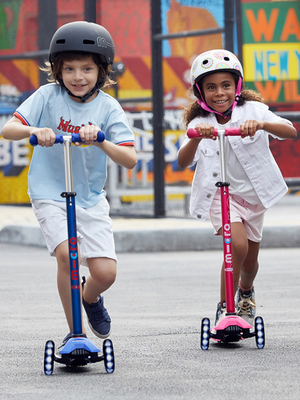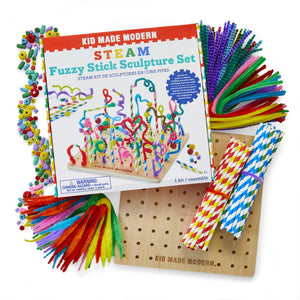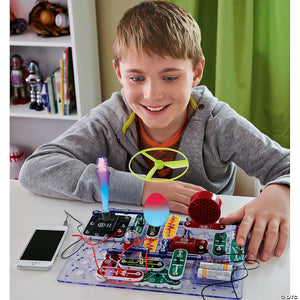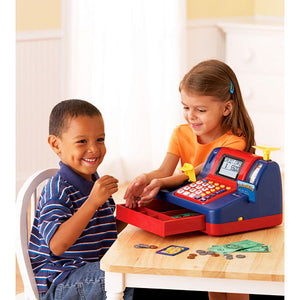Looking for toys that help your children learn and grow while having fun? Our “FUNdamentals” categories can help you find just the right toy! Look for the FUNdamentals icons in the detailed description page of each toy. Position your mouse pointer over any icon to read the development attribute. Toys are assigned FUNdamentals ratings based upon these development categories:
Independent Play
Children playing independently learn self confidence and figure out solutions for themselves. Toys in this category may encourage role playing and creative story development. Kids can think problems through at their own pace.
Cooperative Play
By playing with other children, kids learn to share... they quickly pick up role playing and teamwork. A good cooperative play toy encourages children to interact and create a fun environment that is a joy for all. Cooperative toys can teach kids to express their feelings in a positive manner.
Develops Motor Skills
Toys in the motor skills FUNdamental category are good for teaching children control in muscle development. Kids learn hand-to-eye coordination. Young children use motor skills to pickup all kinds of sensory skills... textures, weight, shape, size relationships, motion. As children grow, toys will also assist in developing fine motor skills such as manipulating small parts, using “tools” and construction principles.
Visual Learning
Visual toys and games help kids with many types of visual relationships. Toddlers begin to learn colors and color associations. Image associations are developed (a drawing of a kitty represents a live kitten, but is not an actual kitten, rather a visual short-hand for the kitten). Visual toys and shape recognition are the building blocks of reading.
Creative Play
Through creative play children develop the cognitive, social, physical, and emotional skills they will need to thrive. Playing with puppets, dolls, and animals that have been personified allows children to work through all kinds of social issues creatively. Forts, tents, and carefully hung sheets can create space for the creation of magical worlds. Costumes allow children to see the world through someone else’s eyes.
Language Development
Family board games encourage group conversation which aids in the development of complex language skills. Elementary school teachers will tell you - even sixth graders love to be read to, literature uses vocabulary that even the most well educated households don’t work into daily life, so grab a chapter book to share with the family. Puppets and costuming allow opportunities for script writing and acting.
Logical Thought
Logical thinking is the process in which we use reasoning consistently to come to a conclusion. Children learn logical thought through a variety of different play oriented activities. From peek-a-boo, and fill and spill toys to sorting, sequencing, and putting together puzzles, children figure things out. You can see the gears turning when they sit down with a construction toy whether they follow directions or create something new. Many brain teaser toys encourage logical thought.
Learning through Music
Music encompasses all areas of child development: physical, intellectual, social and emotional. Children who study music score higher on standardized tests. Toy instruments encourage children to discover music through play. Shakers, drums, cymbals and other percussion toys help develop rhythm while piano’s, guitars, xylophones, etc. encourage the use of melody.






